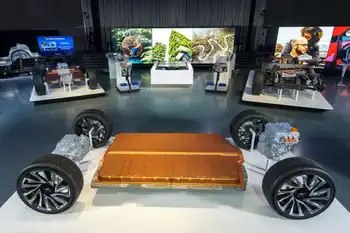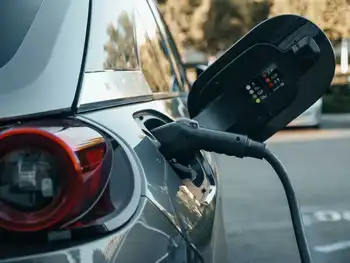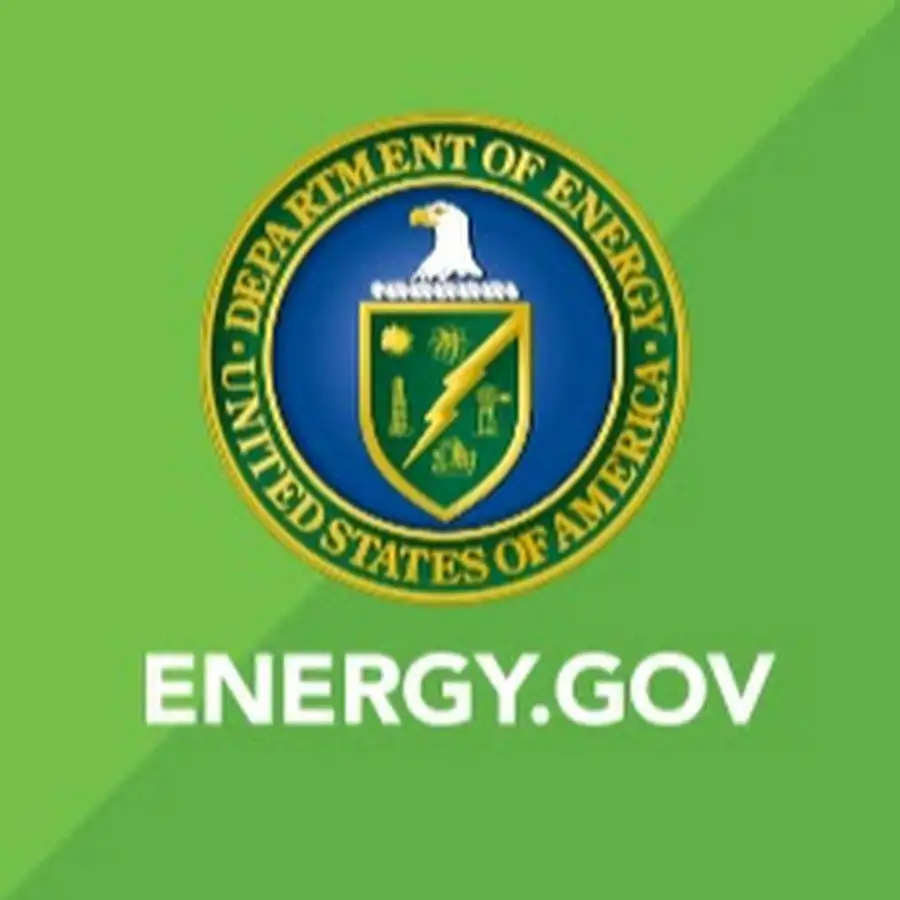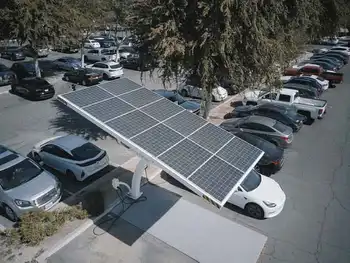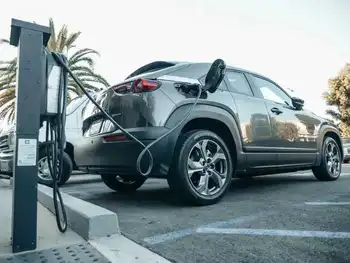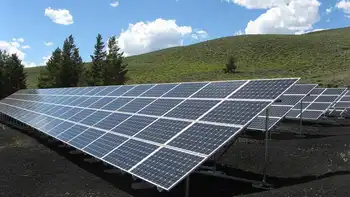U.S. Electric Vehicle Sales Soar Into 2024
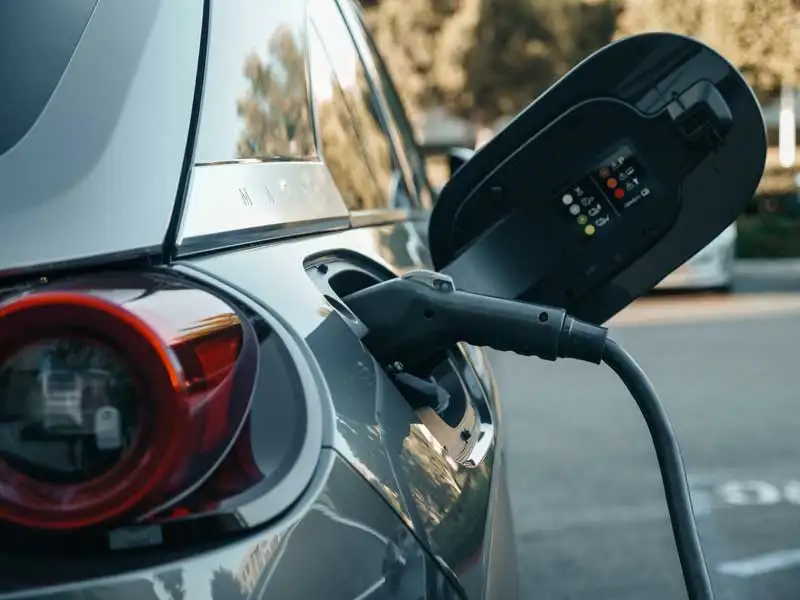
NFPA 70e Training - Arc Flash
Our customized live online or in‑person group training can be delivered to your staff at your location.

- Live Online
- 6 hours Instructor-led
- Group Training Available
U.S. EV Sales Growth reflects rising consumer demand, expanding market share, new tax credits, and robust charging infrastructure, as automakers boost output and quarterly sales under the Inflation Reduction Act drive adoption across states.
Key Points
It is the rise in U.S. EV sales and market share, driven by incentives, charging growth, and automaker investment.
✅ Quarterly EV sales and share have risen since Q3 2021.
✅ Share topped 10% in Q3 2023, with states far above.
✅ IRA credits and chargers lower costs and boost adoption.
Contrary to any skepticism, the demand for electric vehicles (EVs) in the United States is not dwindling. Data from the Alliance for Automotive Innovation highlights a significant and ongoing increase in EV sales from 2021 through the third quarter of 2023. An upward trend in quarterly sales (depicted as bars on the left axis) and EV sales shares (illustrated by the red line on the right axis) is evident. Sales surged from about 125,000 in Q1 2021 to 185,000 in Q4 2021, and from around 300,000 in Q1 2023 to 375,000 by Q3 2023. Notably, by Q3 2023, annual U.S. EV sales exceeded 1 million for the first time, a milestone often cited as the tipping point for mass adoption in the U.S., marking a 58% increase over the same period in 2022.
EV sales have shown consistent quarterly growth since Q3 2021, and the proportion of EVs in total light-duty vehicle sales is also on the rise. EVs’ share of new sales increased from roughly 3% in Q1 2021 to about 7% in 2022, and further to over 10% in Q3 2023, though they are still behind gas cars in overall market share, for now. For context, according to the U.S. Environmental Protection Agency’s Automotive Trends Report, EVs have reached a 10% market share more quickly than conventional hybrids without a plug, which took about 25 years.
State-level data also indicates that several states exceed national averages in EV sales. California, for example, saw EVs comprising nearly 27% of sales through September 2023, even as a brief Q1 2024 market share dip has been noted nationally. Additionally, 12 states plus the District of Columbia had EV sales shares between 10% and 20% through Q3 2023.
EV sales data by automaker reveal that most companies sold more EVs in Q2 or Q3 2023 than in any previous quarter, mirroring global growth that went from zero to 2 million in five years. Except for Ford, each automaker sold more EVs in the first three quarters of 2023 than in all of 2022. EV sales in Q3 2023 notably increased compared to Q3 2022 for companies like BMW, Tesla, and Volkswagen.
Despite some production scalebacks by Ford and General Motors, these companies, along with others, remain dedicated to an electric future and expect to sell more EVs than ever. The growing consumer interest in EVs is also reflected in recent surveys by McKinsey, J.D. Power, and Consumer Reports, and echoed in Europe where the share of electric cars grew during lockdown months, showing an increasing intent to purchase EVs and a declining interest in gasoline vehicles.
Furthermore, the Inflation Reduction Act of 2022 introduces new tax credits, potentially making EVs more affordable than gasoline counterparts. Investments in charging infrastructure are also expected to increase, especially as EV adoption could drive a 38% rise in U.S. electricity demand, with over $21 billion allocated to boost public chargers from around 160,000 in 2023 to nearly 1 million by 2030.
The shift to EVs is crucial for reducing climate pollution, enhancing public health, and generating economic benefits and jobs, and by 2021 plug-in vehicles had already traveled 19 billion miles on electricity, underscoring real-world progress toward these goals. The current data and trends indicate a robust and positive future for EVs in the U.S., reinforcing the need for strong standards to further encourage investment and consumer confidence in electric vehicles.





